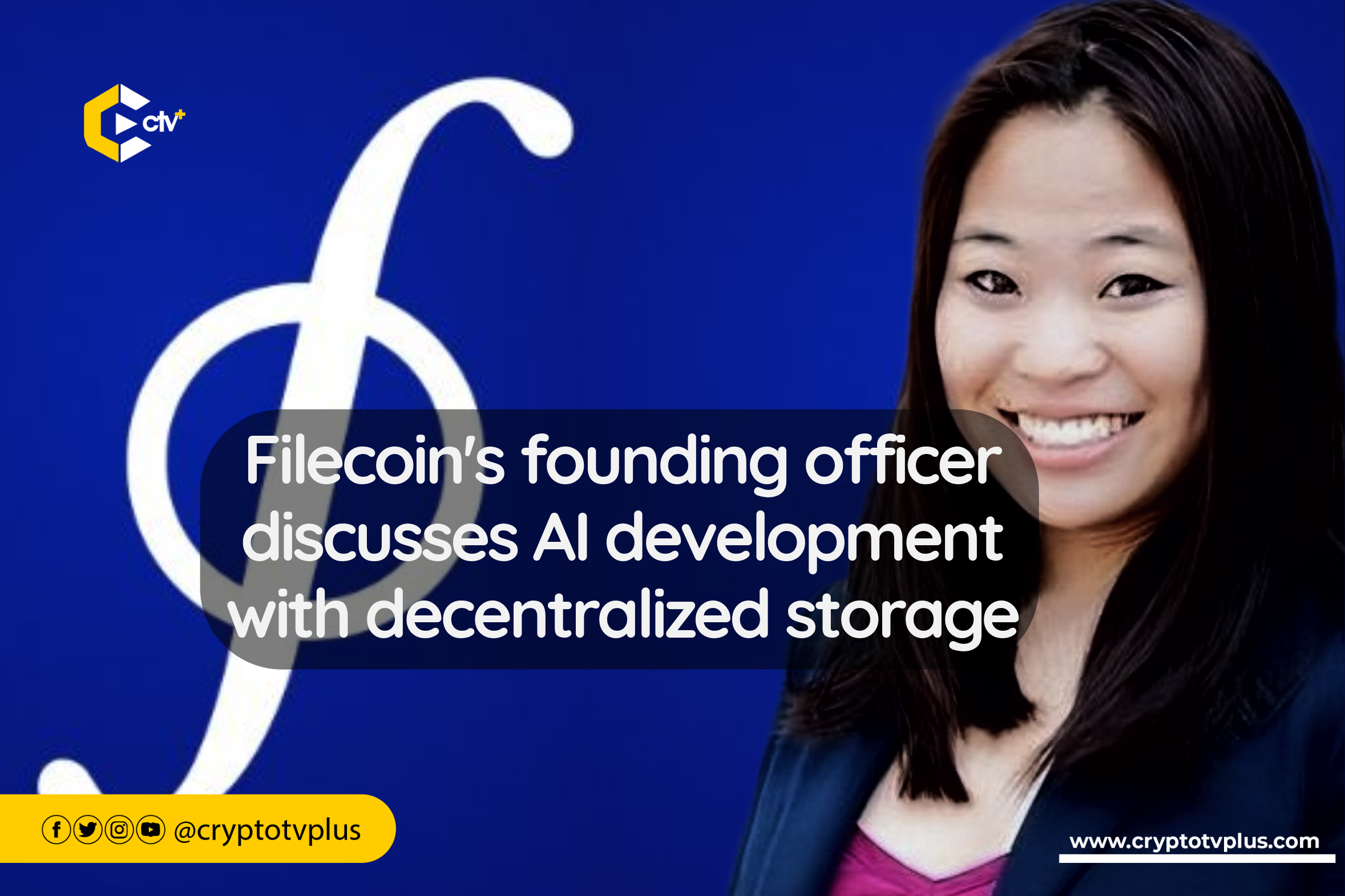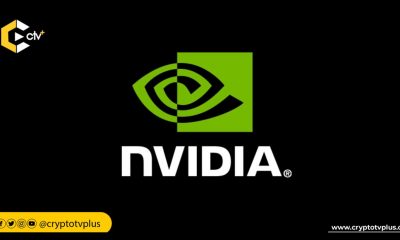News
Filecoin’s founding officer discusses AI development with decentralized storage

A founding officer and director of the Filecoin Foundation, Clara Tsao in a recent event talked about how artificial intelligence (AI) and decentralized storage come together. She explained how Filecoin aims to use AI in its system.
Speaking at ETHDenver, Tsao noted the Filecoin Foundation’s responsibility in the long-term management and its role as the world’s biggest decentralized storage network. She emphasized the vital role of decentralized storage in the AI-driven era.
Filecoin is a storage network that keeps important data safe. It works like an online storage place where you can store your files securely. People pay to store their files on a network that connects users. The network uses storage providers who prove they can store data correctly over time.
To make sure data is safe and easy to access, Filecoin rewards miners who help quickly retrieve data. It uses special methods like proof-of-replication (PoRep) and proof-of-spacetime (PoSt) to check data integrity and availability.
Tsao showed a map with 3,300 storage providers around the world who make up Filecoin’s storage network. These providers, from big data centers to local setups, are the foundation of Filecoin’s secure storage system.
She mentioned that the way the Filecoin network is set up plays a big role in keeping data safe and easy to access, especially as AI keeps growing rapidly.
AI is expected to become even more popular, with a predicted 34% increase in use by 2026, which brings up concerns about the expenses and size of storing data.
The director believed that having storage spread out across different locations is necessary for handling the huge amount of data needed for training AI effectively. Filecoin has an impressive 7.1 exabytes of storage available and keeps expanding, which makes it a key player in making this happen.
Why Filecoin is important for AI and decentralized storage
She also mentioned that Filecoin has three main benefits that make it a leader in enabling AI development with decentralized storage.
When it comes to size and cost efficiency, she explained that as AI computations require more resources, storage costs pose a significant challenge for businesses.
Filecoin’s decentralized storage provides a cost-effective solution, allowing for innovation without the burden of high storage expenses.
Moreover, with trust in AI on the decline and 61% of individuals expressing worries, Tsao stated that Filecoin tackles this issue by employing a unique Proof of Storage system.
This ensures the integrity and origin verification of data, essential in addressing concerns like deep fakes and ensuring data reliability in AI models.
Lastly, Tsao highlighted worries about large companies monopolizing data in the AI era. Filecoin’s decentralized approach helps mitigate this risk, preventing data concentration in the hands of a few entities. This aligns with Filecoin’s dedication to promoting data transparency, origin, and accessibility.
Collaboration with organization
Tsao also talked about how Filecoin is being used in real life. For example, they’re working with Starling Lab at Stanford University to help journalists check and safely keep photos that could be used in international criminal court cases.
Tsao pointed out that Filecoin is helping with decentralized computing beyond just training AI models. They’re also dealing with the supply chain problems that traditional computing systems have.
Read also; Binance reaffirms partnership with Nigeria, pledges officials’ swift return to families

























5 Comments